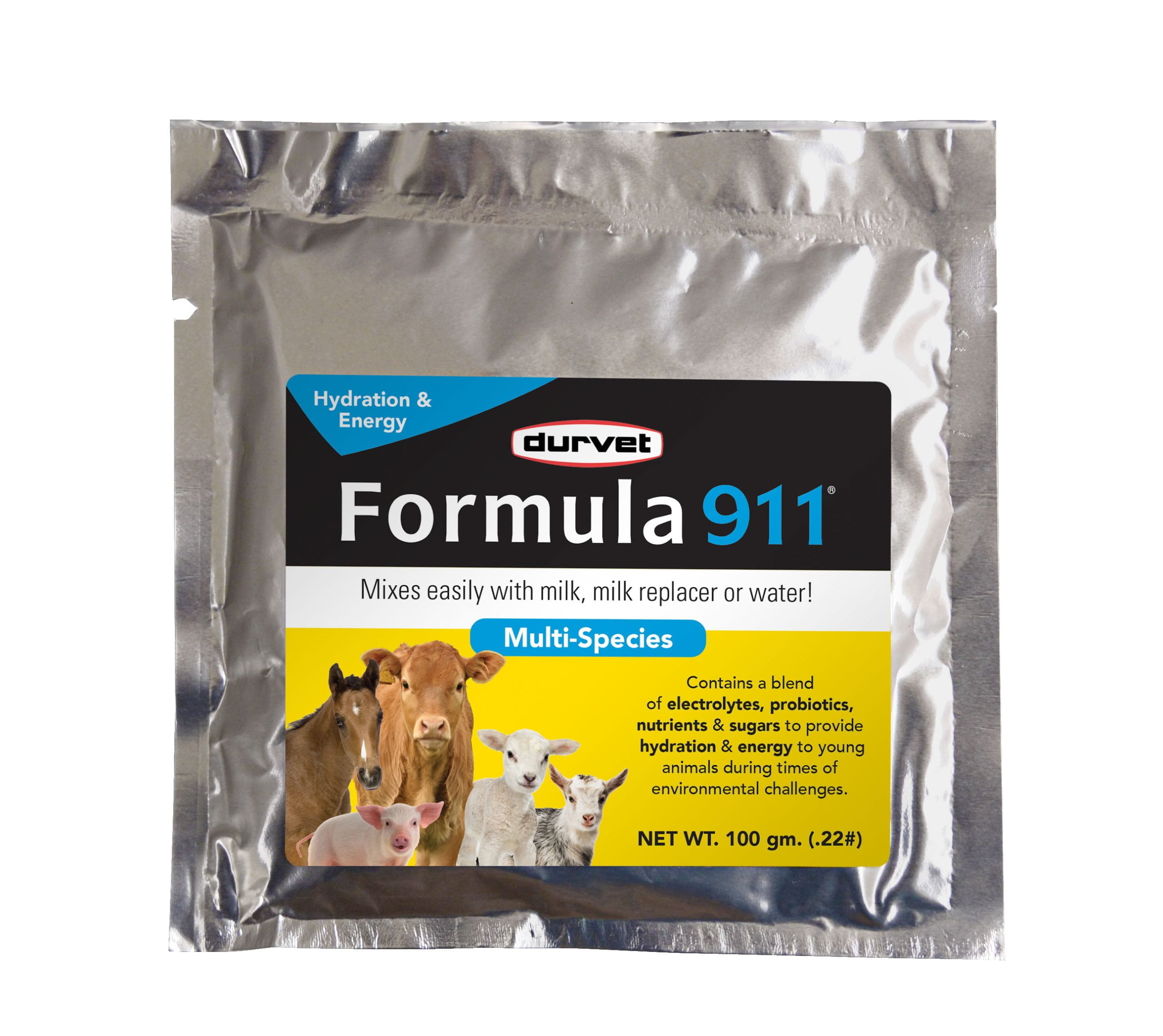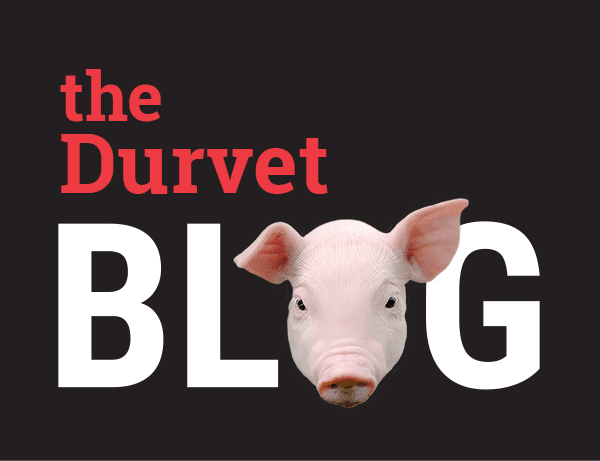
Caring for orphaned kittens or puppies can be very rewarding, but it is also a big responsibility that requires time, money and a lot of hard work. Puppies and kittens may become orphans for a variety of reasons such as rejection by the mother, no milk supply or death of the mother. If your local shelter is unable to care for the them, fostering is a great option. Although there are many challenges that can happen during the early stages of life, being educated on how to best meet their needs will help them to be strong, healthy and have a positive outcome.
Living Environment
Keep the litter together while they are young. This will help to keep them warm and allow them to socialize with their own species. Keep them in a closed area with sides so they stay together. A plastic tub, empty baby pool or pet carrier usually works well. Lay towels in the bottom with a heating pad covering half of the area so they can crawl to the other side if they get too hot. Be sure to clean this area daily to keep the babies clean, dry and warm.
Feeding
Newborn puppies and kittens will eat every 2 to 3 hours around the clock. Start by buying a high-quality, commercial milk replacer. Nutri-Vet, a Durvet vendor partner, offers formulas for both puppies and kittens. This will meet the newborn's nutrition requirements until about 4 weeks of age when they start eating soft, wet food. Bottle feeding is usually the most successful form of feeding. Bottles and milk replacer can be purchased at your local farm & home store. The milk replacer will come with directions on how it needs to be prepared and how much should be given according to body weight. You will also need a scale to track progress in the puppies/kittens and to calculate the amount of feed needed.

When feeding, place the puppy or kitten in an upright position with their head level, just like they are nursing from their mom. At this age, the gag reflex is weak, so make sure you are not feeding them too fast, as the milk may go down the windpipe. Next, open the mouth gently with one finger and place the nipple on top of the tongue. Slowly tilt the bottle up to prevent them from inhaling or eating too fast. After each feeding, they should be burped by gently patting them on the back.
Urination and Defecation
During the early stages, infant animals are unable to take care of these matters on their own. Usually, the mothers stimulate the young while bathing them to encourage urination and defecation. You can provide the stimulation yourself by massaging a wet cloth of cotton swab on the genital area. After two weeks, they should urinate and defecate on their own, but monitor them closely to make sure.
Deworming and Vaccinations
Deworming should begin between 2-3 weeks of age. Regular deworming should continue until they receive their first vaccinations at 6-8 weeks of age. If puppies or kittens missed out on colostrum in the first couple days of life, they have not gained any immunity from their mother and your veterinarian may recommend a more frequent vaccination program. While there is a lot to consider when raising orphaned puppies or kittens, there is satisfaction in seeing a healthy litter at the end. New puppies and kittens are ready to go to their new home at 8 weeks of age.
Sources: VetWest, American Kennel Club, VCA

 BACK TO MAIN BLOG
BACK TO MAIN BLOG 

Comment